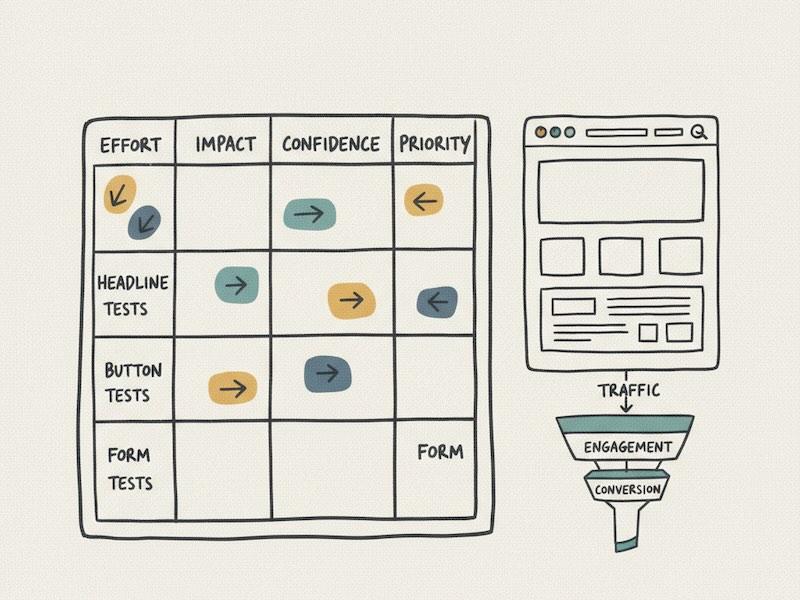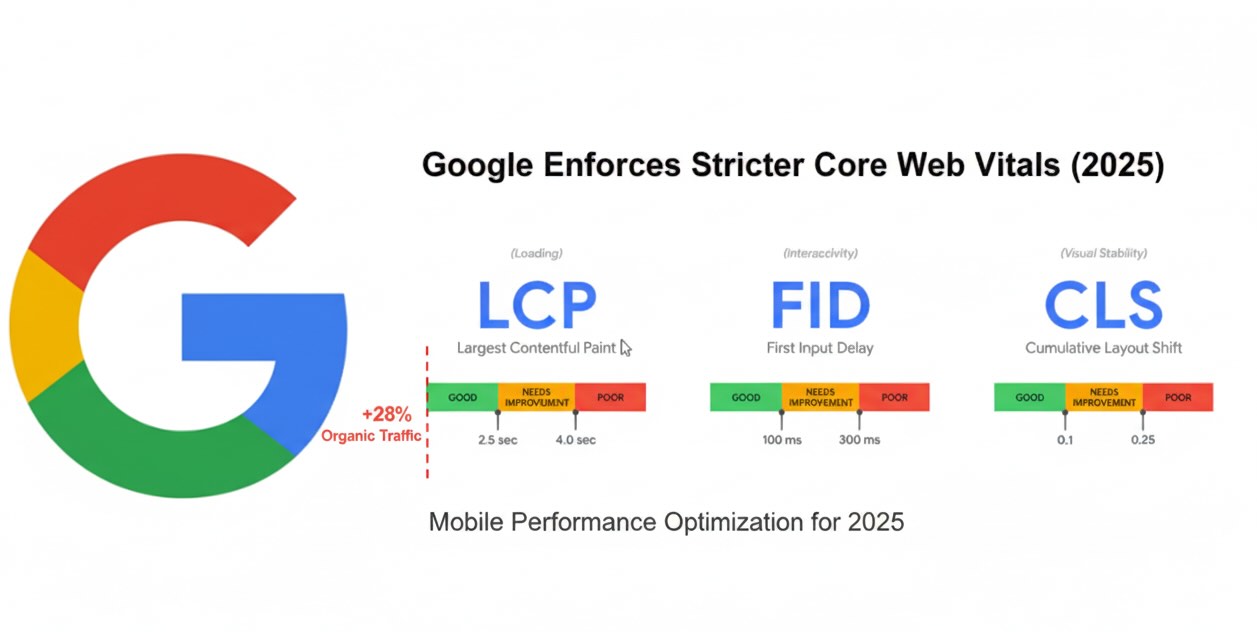How to Tell Which Posts Bring You Most Visitors
You don’t need a data science team to figure out which posts are pulling in the crowds. You need a clear definition of “popular,” a consistent way to compare posts that launched at different times, and a short list of signals that reveal not just raw traffic—but durable reach you can build on. Below is … Read more






